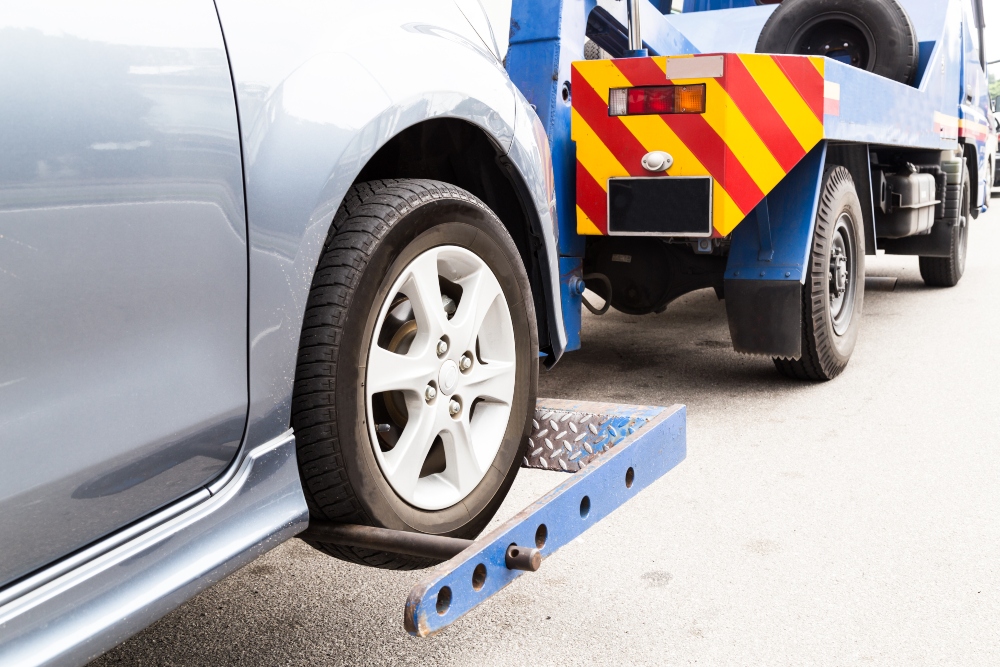
Car accidents are the leading cause of teen deaths in the US. Teens are more likely to get involved in motor accidents than adults. Up to 20% of teen drivers involve themselves in collision accidents within their first year. That’s why your teenage children need proper driving training before you allow them to drive.
They should also have proper licenses to ensure they don’t get into the wrong side of the law. It is unfortunate for your child to get involved in an accident. Knowing what to do in case it happens is very important.
Here are the six steps you should teach them to follow if they are in a car accident.
Remain Calm
An accident is stressful and scary, especially if it involves a teenager. Let your child know that if he’s involved in an accident, he should stay collected and calm. Anger, anxiety, stress, and panic may make matters worse.
Accidents happen daily, and it’s only by handling them calmly that can save the situation. Even after the ordeal has been handled, and the child is back home, he may still feel heightened emotions. So, keep watch over him and teach him to stay calm.
Keep Himself and Others Safe
The way a person behaves after an accident can contribute to more injuries. If your child has not sustained serious injuries, let him get out of the vehicle and check the safety of those involved in the accident. He may also set up warning cones or emergency flares around the scene as they wait for help.
He can also move the car to a safe spot, either to a parking lot or on the road’s shoulder. If the child can’t get out of the car, he should turn on the hazard lights to let others know that he needs help. Teach your child to call for help as soon as possible.
Call The Police
Whenever an accident occurs, the police must get involved, so the earlier they are called, the better. When calling the police, he should state the accident’s location and describe the emergency status on the ground. If he isn’t sure about his location, he can explain the nearby landmarks, or state the business names and street signs he can see.
Teach your child to stay on the phone until the police officer confirms they have all the information they need. The police officer will compile an accident report, so he needs to be ready for that.
Exchange Driver Information
Let your child exchange driver information with all the other drivers involved in the accident. They will need to record their contact information, names, and insurance policies. All this information will be necessary to file a claim with the insurance company or the vehicle owner.
Take Notes
Your child should always have a pen and paper in the vehicle. After the accident, he should take notes about any important things that concern the accident. He should note where the accident occurred, what time it happened, the names of all those involved, plus that of the officer who compiled the accident report. He will also need the names, phone numbers, and addresses of the witnesses.
If your child has a phone or a camera, he should take photos and videos of the accident scene. Anything that can act as evidence in the courts should get captured. This information may be necessary at the time of filing for claims.
Call Home
Once things have settled down at the accident scene, and your child has collected all the information, he should call home and inform you of what has happened.
After your child has called you, you can call the family attorney. If your child can’t get in touch with you, let them call the attorney directly. If you don’t have a lawyer, consider looking for one in your area. For example, if you live in New York, you might look for a car accident lawyer Syracuse that can take up the case and ensure all claims get settled. It is also necessary to call your insurance company and inform them about the accident.
Final Word
The above steps will ensure your child comes out of an accident scene without anxieties and fear. Teach your child that no matter what happened, they should not admit liability. They should also not record any statement without an attorney. They should also not offer any apologies as this may be misconstrued to mean acceptance of liability.


